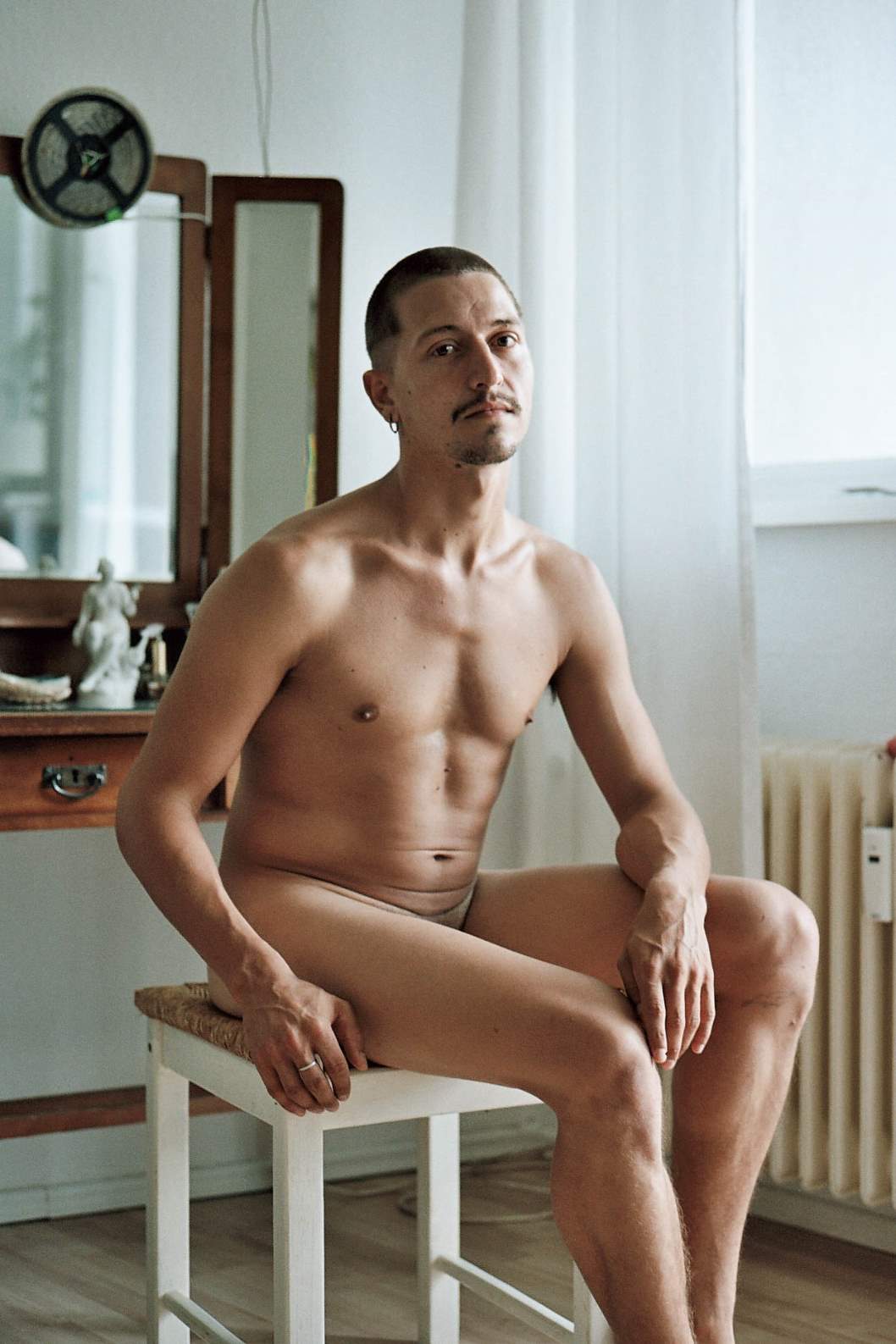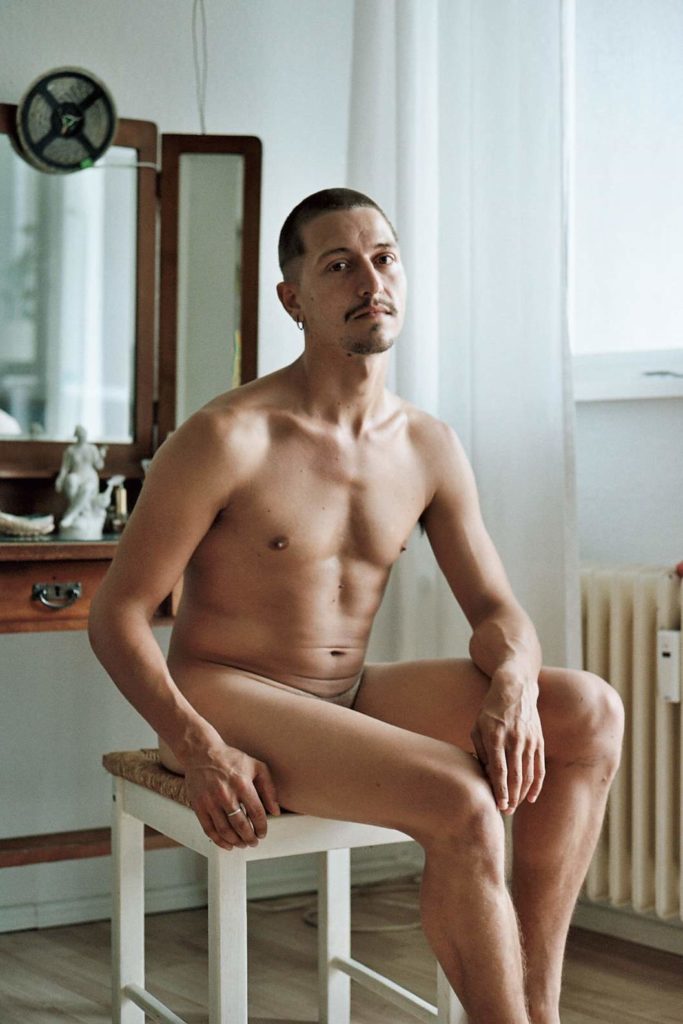
I always lived in an appreciative, yet distant relation to spirituality and religion. I’m not baptized, not part of any specific religious group „by default“. My parents are even adamant atheists.I grew up in a christian environment, in a mixed protestant and catholic region in central Germany. Hills, forests, villages, churches. My Kindergarten was protestant, so we regularly had activities in the church next door included in the curriculum. This felt more like a practice rooted in tradition though – no one really asked what you believed, and no one also really talked about belief or spirituality. It was just a thing you do.
I started singing in choirs very early on, I loved the feeling of the communal body and I love training my vocal cords. By default I would sing in churches, sing christian songs, which in any case is considered (western-)European musical heritage. Bach, Mendelssohn and others.
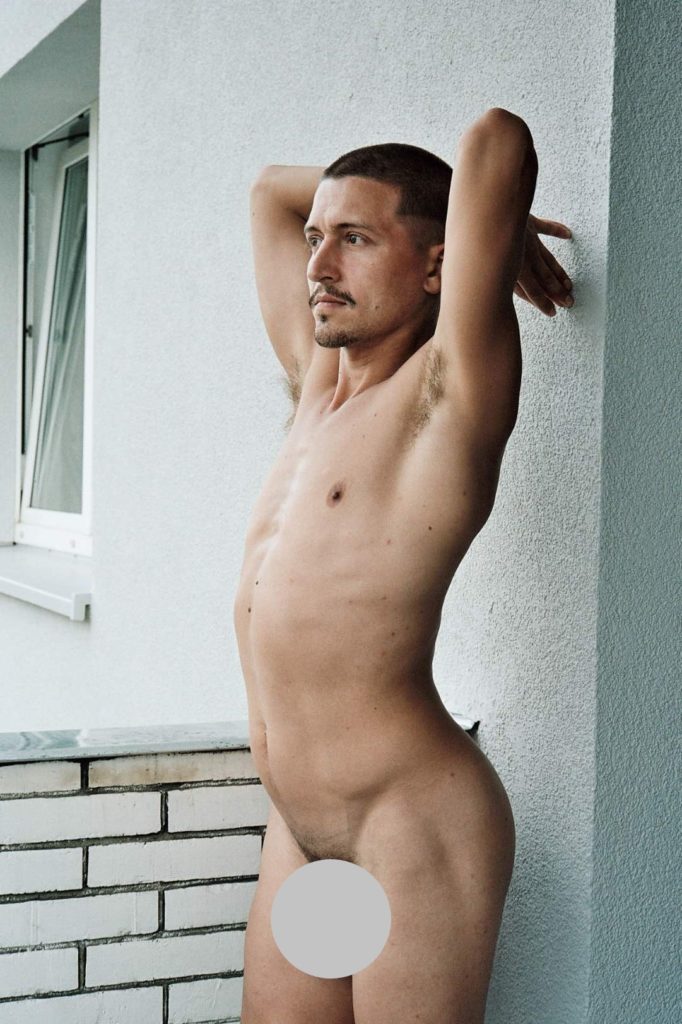
I remember very vividly an empowering moment when I was around 8 years old. It was at the annual Thanks-Giving-Mass at the Village Church. Lots of pumpkins and dried flowers and hay bales around the altar. There was the moment when the priest would call all believers to come to the front for the Sacrament. I had to make a decision. Officially I wasn’t meant in this, I didn’t have the right to come along to the front. But I wanted to belong and I wanted to join everyone, to receive one of these Holy breads. I thought about it, confusing inner desires and reflections, whilst the whole village walked by me on their way to the altar. I decided to stay seated. I think until today I am constantly trying out what it means to belong and to be autonomous in spiritual matters, what it means have faith but not economy committed to any specific faith community.
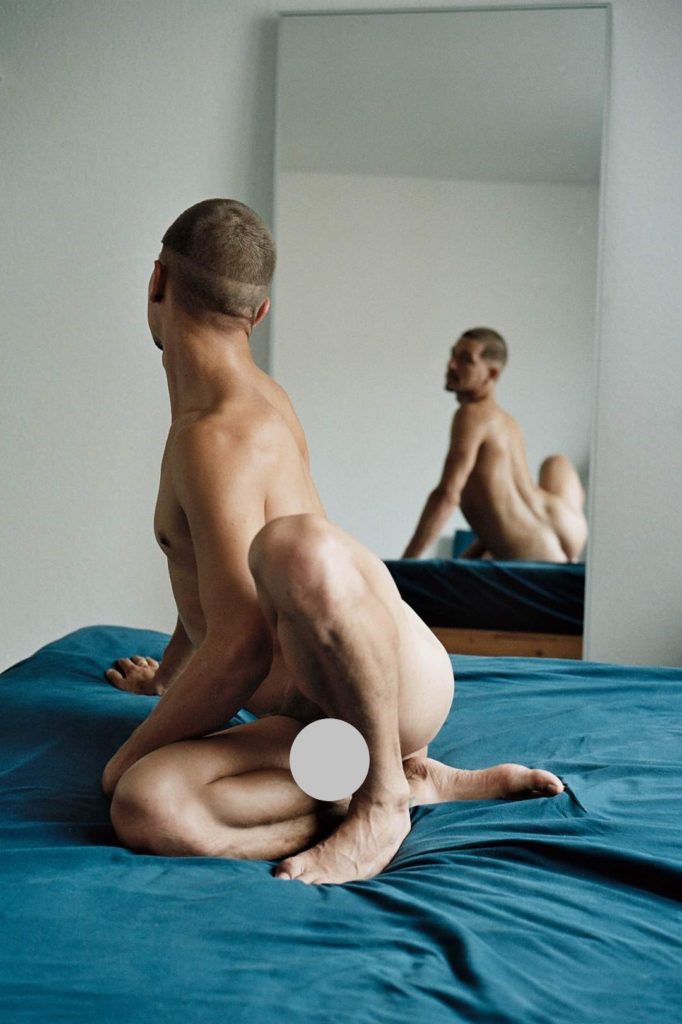
When I was 15 years old, I went to school in Thailand for a year. I spent my summer break, lasting all dry-season, in a Buddhist monastery as a monk. Hair and eyebrows shaved, going from the white novice robe over to the Saffron colored forest-temple-dress. I felt at home while still knowing that my life would not see me enroll at a monastery. I spent three days in solitude in the mountains, only journeying down for drinking water. Since that time I know that my scientifically oriented worldview does not stand in contradiction to my need and curiosity for spiritual growth. Also I found in me a lot of respect for rituals and ritualistic discipline, even though generally speaking I am a rather rebellious character.
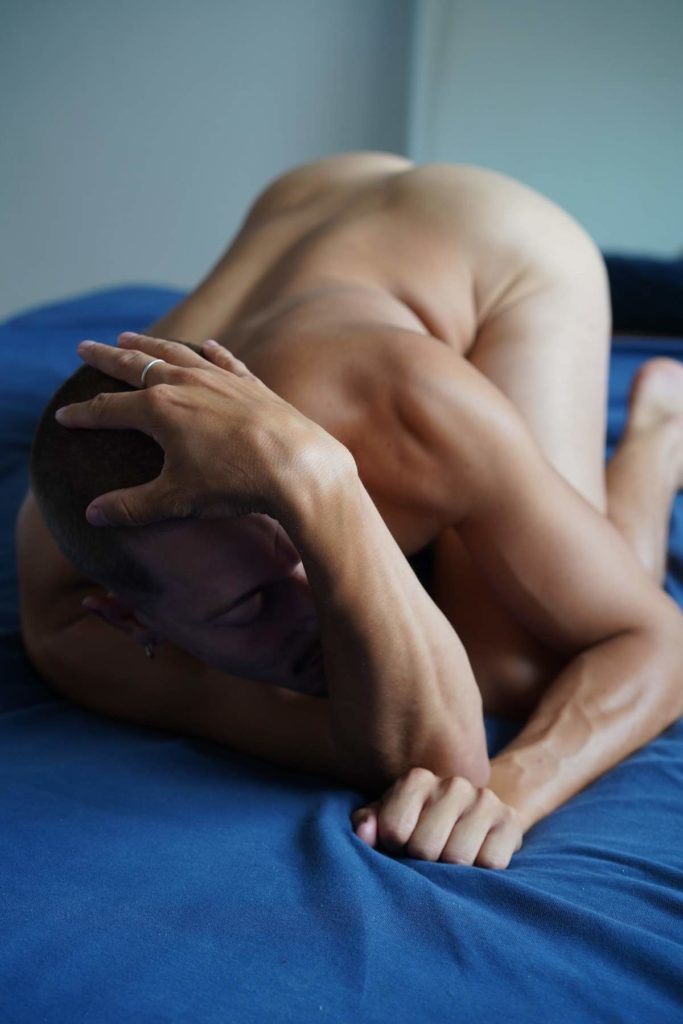
Part of the monastic rules j clouded the requirement that every morning at 5am, we would walk several kilometers barefoot to the next village to collect food donations. There are specific ways of how you are meant to walk: basically calm and steady. What seemed controlling and rigid to me at first, turned out to guide me into the understanding that I should calm my mind and re-evaluate the signals my hurting feet were sending me every time my sole stepped on a little pointy little stone. Those small stones were far from being able to actually hurt my body. What I was used to interpreting as pain was only my feet telling me what texture the ground had. Ommm.
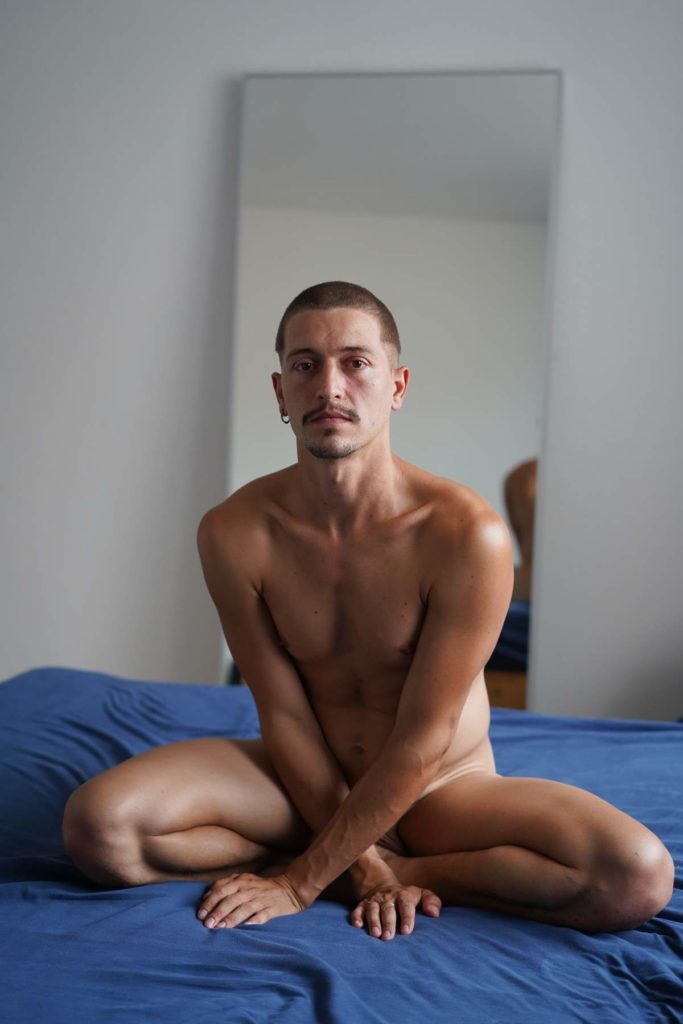
At age 18 I lived in the West bank, in the Palestinian Territories, living with a Muslim family that embraced me and hosted me over a year. I found big beauty in Islam. Today I am learning practices of sexual empowerment inspired by Tantra and dive into deep work sessions on energy networks with the knowledge of Ayahuasca. I appreciate Humanism and came to see it as a religion in itself, hoping that we could expand the holy sanctity of Human life and dignity onto all other animals. I am spiritual – but I don’t belong in any one space. Nowadays more than -say- eight years ago I want my spirituality to be political, I want it to proactively support diversity and healing in this confused world. I wonder whether and how politics and spirituality go together. I wonder what you think when reading this. I guess I’m far from knowing anything.
